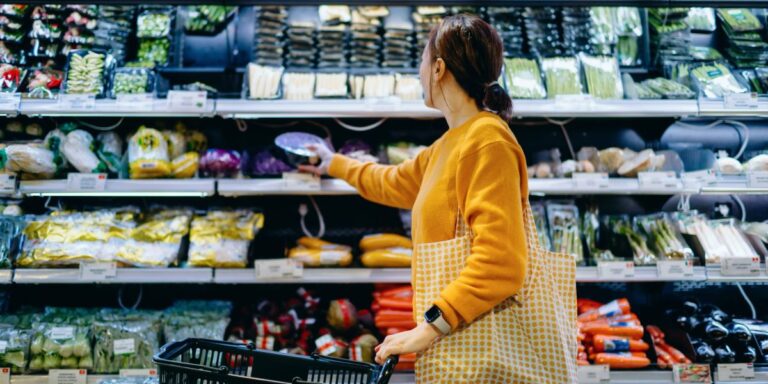
The consequences of the COVID-19 pandemic have been marked by many “new norms”, including hybrid working and rising prices. There are growing suggestions that the latter may not be entirely the result of external factors.
A study of 17,000 British companies by the country’s Unite Union, found that on average, they increased their profit margins by 30% in the post-COVID period compared to 2018-2019.
So-called price gouging was endemic across industries, from supermarkets to energy companies and even private equity-backed veterinary chains. In total, 60%, or 9,651 of the companies analyzed, increased their profit margins in the post-COVID period.
This came at a time when real wages fell for workers, who faced historic cost-of-living pressures, particularly for essentials like food and heating.
The study, which Unite says is the largest analysis of corporate profits since the start of the COVID-19 pandemic, claims the drive for profit has become systemic among UK businesses.
“Over the past two years, Unite has consistently exposed the profiteers who are behind the cost of living crisis,” the union wrote. “As workers suffer the biggest decline in real wages and living standards in generations, corporations have racked up hundreds of billions in profits. »
Taking advantage of COVID
The global economy has gone through a long period of turbulence since the start of the COVID-19 pandemic.
Unprecedented levels of government stimulus have flowed into workers’ wallets and corporate coffers to help them cope with the effects of lockdowns, creating vast inflationary pressures.
At the same time, supply chains have been disrupted by these lockdowns, distorting the supply-demand dynamics of the global economy.
To make matters worse, Vladimir Putin’s invasion of Ukraine and tariffs imposed on Russia have caused energy prices to rise, while removing vital food inputs like grains.
Together, these forces are responsible for the inflationary wave of recent years, which peaked at 11.1% in the UK and 10.6% in the Eurozone. However, they also incentivized companies to raise their prices faster than their costs.
Unite’s findings are consistent with previous studies of large companies’ profit margins, which demonstrated that rather than absorbing higher costs from supply shocks, they instead passed them on to consumers.
A global study of 1,350 companiesincluding Shell, Exxon Mobil and Kraft Heinz, saw their profits increase by 30% between 2019 and 2022.
Analysis by the Institute for Public Policy Research (IPPR) and Common Wealth also found that in the UK, 90% of profit increases came from 11% of listed companies.
In general, the companies surveyed by the focus groups were best positioned to exploit rising prices, particularly in the energy and retail sectors.
Analysts warn that openly profiting from a widespread cost-of-living crisis may be so unpopular that it compromises the company’s social license to operate.
In a note published last April when inflation was still out of control, Société Générale economist Albert Edwards bemoaned corporate greedlike nothing he had seen in his four decades in finance.
“The end of Greedflation must surely come. Otherwise, we could see the end of capitalism,” Edwards wrote, accusing companies of using the war in Ukraine as a pretext to raise prices.
“This is a major problem for policymakers that simply cannot be ignored any longer. »
Inflation has come under the control of Western central banks in recent months. In the eurozone, prices increased by 2.4% in March, moving closer to the target rate of 2%. This trend is proving more persistent in the United Kingdom and the United States, where consumer price inflation remains above 3%.
That hasn’t stopped workers across Europe from striking to demand better wages to cope with rising prices over the past two years.
Companies increasing their profit margins – and, in the UK at least, taking the opportunity to increasingly reward their bosses. controversial salary increases…management may have difficulty convincing strikers that they do not have the means to meet these demands.


